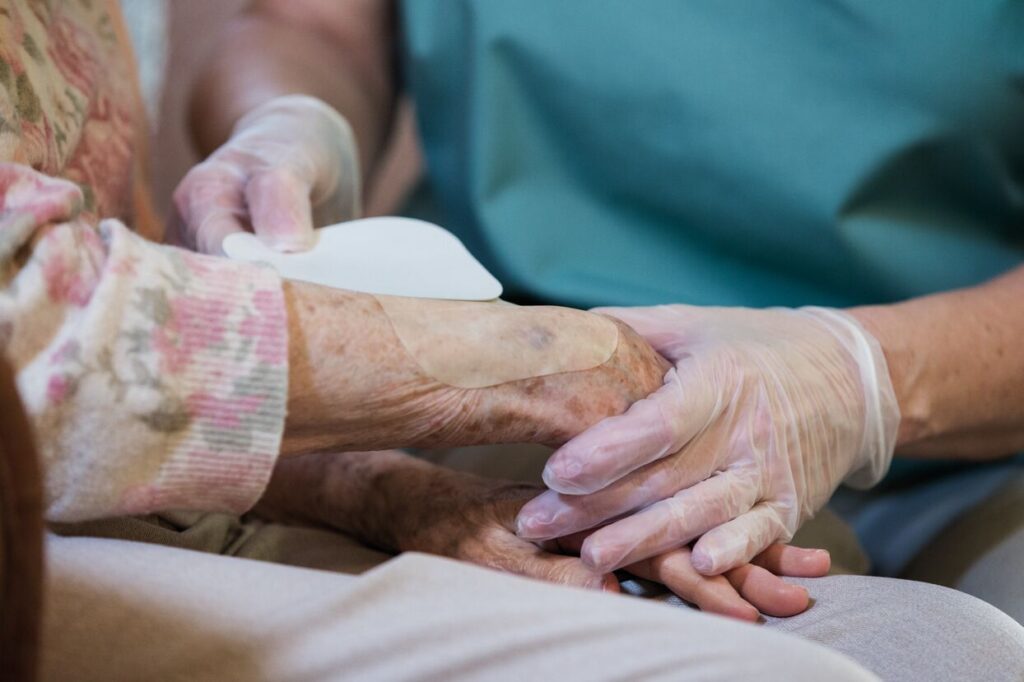There are approximately 7.5 million Americans that have psoriasis. It is critical to identify the triggers that can lead to an outbreak and the treatments that work best for your condition. These two things will help you answer an important question, “How do I cope with psoriasis?”
What Is Psoriasis?
Psoriasis is an autoimmune condition that leads to a rapid buildup of cells in your body that causes scaling on your skin’s surface. This disease tends to go through cycles, and the skin cells can fare up for days, weeks, or even months before subsiding.
Symptoms of Psoriasis
Although the signs of psoriasis can differ from one individual to another, the common symptoms include:
- Dry and cracked skin that can itch or bleed
- Stiff and swollen joints
- Red patches of skin with silvery, thick scales
- Soreness, burning, and itching
- Pitted, ridged, or thickened nails
What Can Worsen Psoriasis
The common triggers that might worsen psoriasis include:
Alcohol and Smoking
While occasionally taking a glass of wine might not hurt, heavy consumption of alcohol can trigger psoriasis flare-ups. Also, smoking impacts the severity of psoriasis and increases your risk of this disease.
Stress
High-stress levels can also trigger psoriasis by increasing your body’s inflammatory response.
Medications
Certain medications can also trigger psoriasis, such as:
- High blood pressure medicines
- Antimalarial medications
- Lithium
Dry or Cold Weather
When the weather is cold or dry, like in winter, it can worsen your psoriasis. In such conditions, try using fragrance-free soaps designed for sensitive skin and apply creamy, thick lotions on your skin.
How do I Cope with Psoriasis?
With the right approach, you manage psoriasis and live a fulfilling life. Here are the main areas that can help you reduce the flare-ups of this condition.
Diet
Maintain a healthy diet that includes whole grains, omega-3 fatty acids, and plants while also limiting those that increase inflammation like dairy products, processed foods, and refined sugars.
Stress
Learn different ways of stress management to ease the flare-ups of psoriasis. Try yoga sessions, meditation, regular exercises, journaling, and more.
Talk to Your Doctor
If you take any medications, talk to your doctor to see if they might trigger an outbreak.
Treatment for Psoriasis
There isn’t a cure for psoriasis, but the available treatment options can help slow down skin cell growth or reduce inflammation.
Topical Treatments
Applying ointments and oils directly to your skin may help to reduce psoriasis. You can try out:
- Vitamin D analogues: Analogues are not the same things as vitamin supplements. Some examples of vitamin D analogues include tacalcitol, calcipotriol, and calcitriol.
- Topical retinoids: These creams, foams, and gels help shed skin cells and come in different strengths. You may experience side effects like increased sensitivity to light and skin irritation.
- Salicylic acid: Salicylic acid shampoos reduce swelling and clear away psoriasis scales. You can combine it with other topical therapies for easier skin penetration.
- Topical corticosteroids: These drugs are a suitable treatment option if you have more than a few small psoriasis patches in harder-to-reach areas like elbows and knees. They are available as sprays, gels, shampoos, lotions, ointments, and foams.
- Moisturizer: This helps to seal water in the skin to relieve dryness. You can apply a heavy cream ointment that is fragrance-free once per day or more when you have really dry skin.
Light Therapy
You can also resort to light therapy to treat moderate to severe psoriasis. This involves exposure to ultraviolet light to kill the overactive cells that cause rapid cell growth. You can combine light treatment with medications.
Always consult a doctor when using any new treatment to make sure it is safe for you.
Living with psoriasis can be challenging, but you can cope with this condition by consuming a healthy diet, quitting smoking and alcohol, and managing stress. Check out Simply Medical for fragrance-free products that are less likely to trigger your psoriasis.


